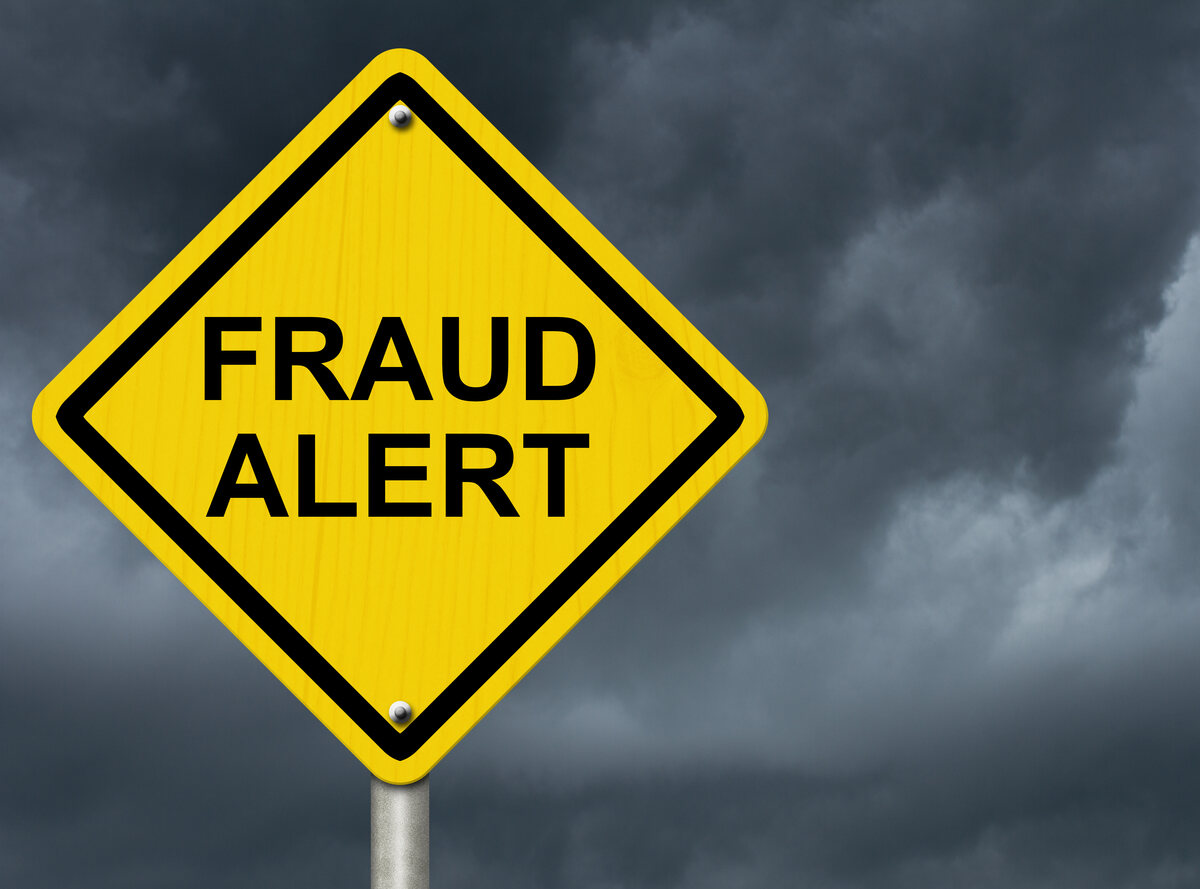You Suspect Fraud, Now What?
Fraud committed by individuals against employers is one of the most common forms of financial crimes. According to the ACFE’s Occupational Fraud 2022 A Report to the Nations, organizations lose 5% of revenue to fraud each year. The average loss per fraud case was $1,783,000 of those businesses studied. Despite our best efforts to prevent fraud, it still happens. If you suspect fraud at your company, keep calm and follow these steps for best practices.
Preserve the Evidence – Fraud is committed when a person deliberately deceives others for personal or financial gain. To prove intent, evidence must be carefully gathered and safeguarded. The chain of evidence for physical source documents, as well as electronic backups of network and local drives, must be preserved. Document the date, time and details of the initial fraud discovery and take notes of observations and actions during the evidence gathering stage. Avoid examining the evidence on your own, otherwise you might inadvertently alter or destroy critical data. Remember, a successful fraud investigation is determined by the integrity of the evidence uncovered.
Communication Inside and Outside of Your Organization – The level of suspected fraud should dictate who you communicate the matter to inside and outside of your organization. In-house and outside legal counsel, internal audit department, and human resources should be informed based on your companies’ policies and procedures. Be sure to only involve individuals who have a direct role in the investigation. An in-house accountant should be avoided as they are not objective and could potentially be involved. Engage a forensic accountant or fraud investigator to ensure proper chain of custody of the evidence, this is crucial if the matter goes to court. A credentialed investigator will conduct a thorough investigation in a discreet manner. They will also determine the pervasiveness of the fraud, quantify the loss, and perform interviews of the suspect and witnesses.
Restrict Access of Suspected Employee – Avoid immediately firing the suspected employee if possible. Gathering evidence is far easier if they are still employed. Active employees have a duty to cooperate and be interviewed by the fraud investigator. The end goal is to ultimately obtain a confession, which is less likely as a former employee. As an alternative, restrict the suspected employees access to company data. Deactivate passwords and do not allow the employee to remove or destroy physical evidence. After the fraud investigator has gathered evidence, they will perform an interview and confront the suspect.
Review Your Insurance Policy – Review your insurance policy for fraudulent activity coverage and follow the guidance and timelines as documented in your policy. Most policies carry a 30- or 60-day notification provision from the first day a potential loss has been discovered. Some policies include claim preparation coverage which may reimburse the company for professional service fees related to the investigation.
Remaining calm and making rational decisions when fraud is suspected increases your chances of the best possible outcome. Hiring an experienced fraud investigator or forensic accountant can help you navigate the process, increase your chances of uncovering the full extent of the fraudulent activity, and calculate the economic damages.


